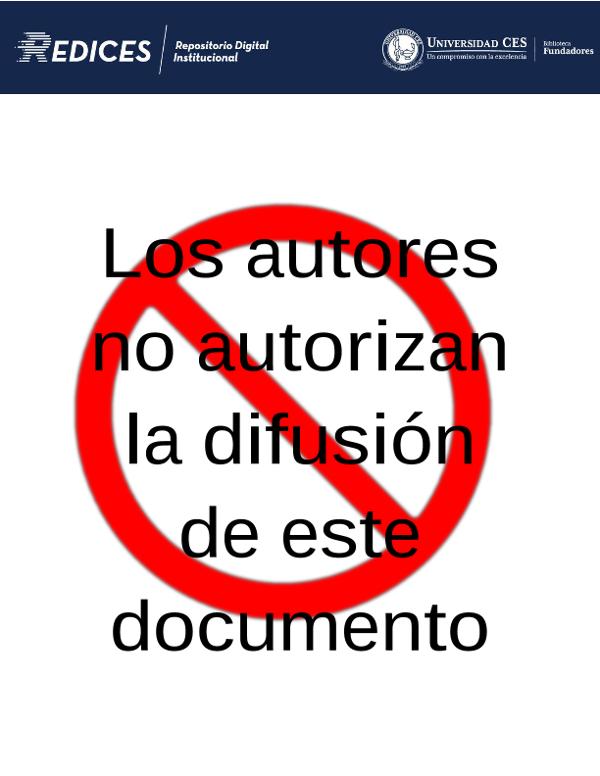Mostrar el registro sencillo del ítem
Efectos del cambio climático y la deforestación en la distribución de siete especies de geonoma (arecaceae) a lo largo de un gradiente altitudinal en Colombia
| dc.contributor | Sanín Pérez, María José | |
| dc.contributor.author | Arcila Marín, Natalia | |
| dc.date.accessioned | 2020-06-16T15:21:07Z | |
| dc.date.available | 2020-06-16T15:21:07Z | |
| dc.date.issued | 2019-03 | |
| dc.identifier.uri | http://hdl.handle.net/10946/4506 | |
| dc.description.abstract | Climate change and deforestatiton are two important threats that Colombian forests are currently facing, causing shifts in the distributions of plant species. Therefore, close attention is needed in order to understand the impact of both phenomena. We chose genus Geonoma within the palm family as an appropriate lineage to assess these impacts due to their high structural, functional, and ecological respresentativeness in montane forests. The species distribution models of seven species (G. cuneata, G. deversa, G. interrupta, G macrostachys, G. orbygniana, G. stricta, and G. undata) were estimated through a machine-learning algorithm and used to asses the net effect of deforestation on the range size from 2000 to 2012, and to predict the future distribution changes due to climate change by 2050 and 2070. Our results show that the relative effect of deforestation on geonoma ranges is wider and always negative, with the midlands/higlands suffering the most in terms of relative loss to deforestation, whereas the magnitude and effect of climate change is species-and elevation specific. In conclusión, distributions along mid- and high elevations have suffered and are expected to suffer the most from both factors. | spa |
| dc.language.iso | en | spa |
| dc.subject | Geonoma | spa |
| dc.subject | Deforestación | spa |
| dc.subject | Cambio climático | spa |
| dc.subject | Especies | spa |
| dc.subject | Calentamiento global | spa |
| dc.title | Efectos del cambio climático y la deforestación en la distribución de siete especies de geonoma (arecaceae) a lo largo de un gradiente altitudinal en Colombia | spa |
| dc.type | Tesis de grado | spa |
| dc.rights.license | Restringido | spa |
| dc.educationLevel | Maestría | spa |



